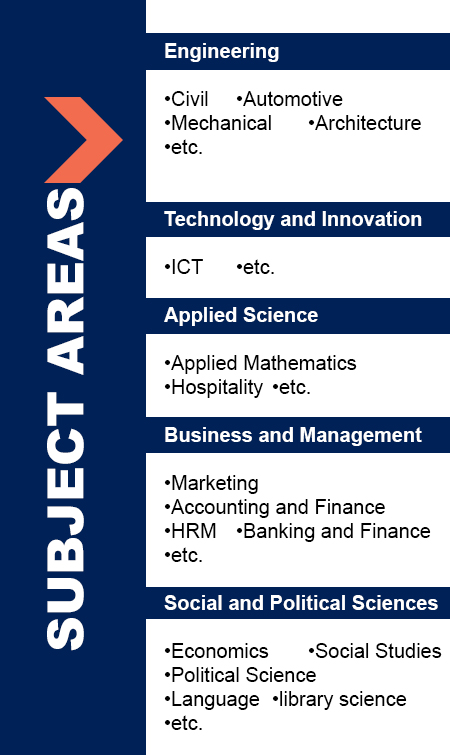Server-aided Public Key Signatures for Diverse Network Devices
DOI:
https://doi.org/10.47127/ijtmr.v1i1.6Abstract
One of the main challenges of securing effective computation in diverse network devices tends to be a limitation of their computational power. Server assisted signature scheme was recently presented as nonrepudiation service for mobile and constrained devices. They all tend to have a feature in common: limited computational capabilities and equally limited power (as most operate on batteries). The scheme suffered with high storage requirements and memory requirements for the mobile clients. This makes them ill-suited for public key signatures. This paper examines practical and conceptual implications of using Server-Aided Signatures (SAS) for these devices. SAS is a signature method that relies on partially-trusted servers for generating (normally expensive) public key signatures for regular users. Although the primary goal is to aid small, resource- limited devices in signature generation, SAS also fast certificate revocation, signature causality and with reliable timestamping.
Keywords: Public key infrastructure; Digital signature; Certificate authority.








